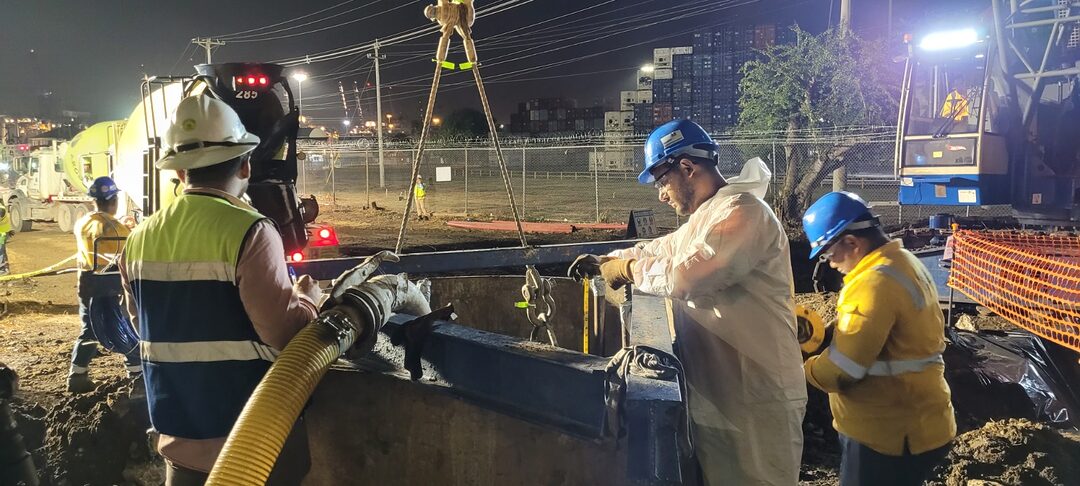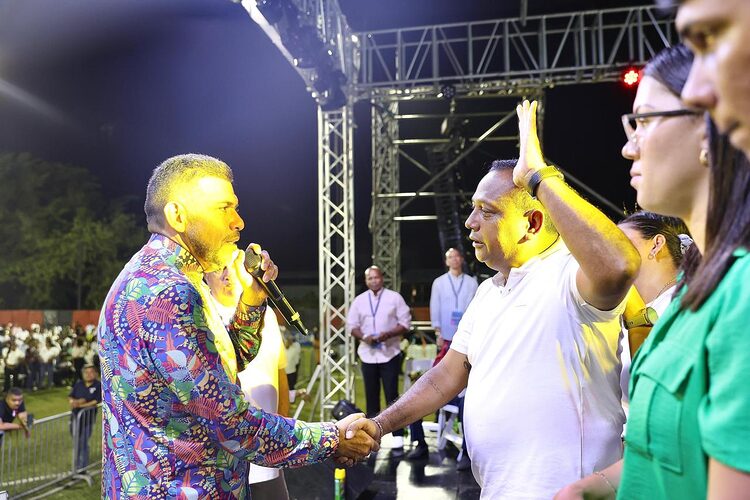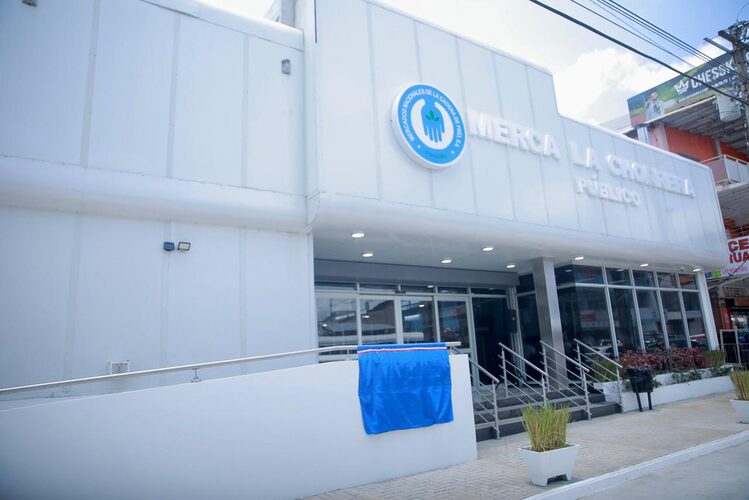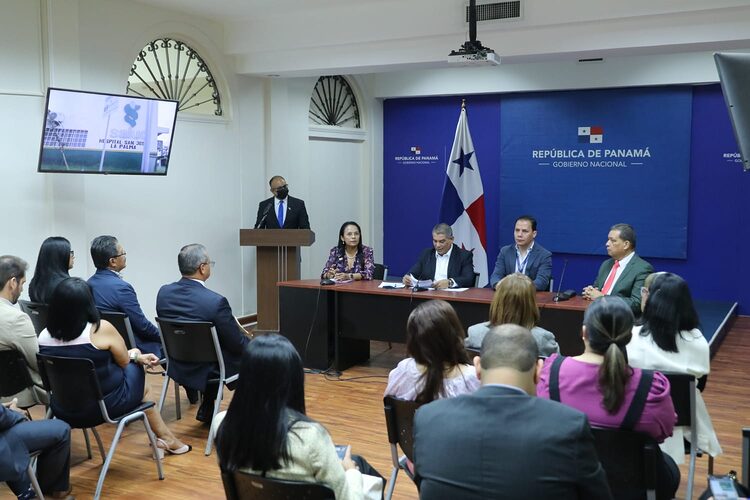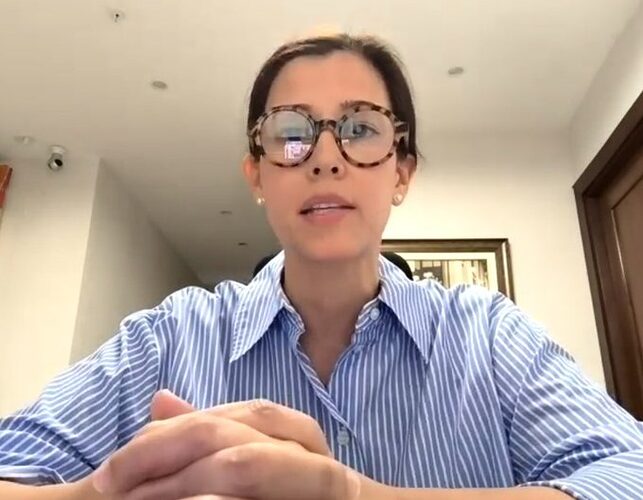El Wall Street Journal publicó un artículo de opinión sobre Panamá y las próximas elecciones del 4 de mayo.
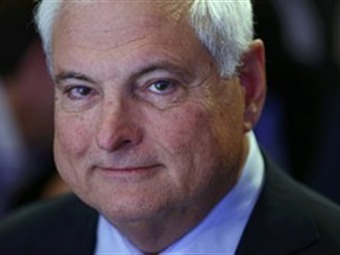
| abril 13, 2014
Center-right Panamanian President Ricardo Martinelli is an outspoken critic of Venezuelan strongman Nicolás Maduro. Back home in Panama, though, Mr. Martinelli is laying the groundwork for a power grab of his own. If he prevails the region will take another step backward on the freedom trail, yet the Obama State Department remains silent.
Mr. Martinelli's term ends on July 1 and the constitution bars him from re-election. But the wealthy supermarket magnate is not letting go so easily. He has made his wife, Marta, the vice-presidential candidate on his Democratic Change Party (CD) ticket for the May 4 presidential election. The presidential candidate is José Domingo Arias, his former housing minister.
Ricardo Martinelli Reuters
The Panamanian Constitution anticipates the caudillo who tries "moving the queen," as this tactic is known elsewhere in the region, to get around a prohibition on re-election. Its Article 193 states that relatives within "the second degree of marital relations of the President of the Republic" may neither be president nor vice president immediately following his term.
A constitutional challenge to Mrs. Martinelli's candidacy has been brought to the Supreme Court. But the president seems to be betting that the five—of nine—judges who regularly vote in his favor will do so again.
The Panamanian democracy is on the ropes once more. This time Mr. Martinelli has asphyxiated it by waving money under the noses of the political class.
The economy has grown fast in recent years and to hear Mr. Martinelli tell it, he gets things done like no other president before him. That may be true. According to legend, Mussolini made the trains run on time. But the consolidation of power that allowed the Italian dictator to crush dissent and silence opponents ended in disaster. It may be no different in Panama, where the bombastic president publicly vilifies his adversaries and uses the tax authority against them.
Since taking office in 2009, Mr. Martinelli has nearly doubled the national debt to almost $20 billion. His CD party won only 14 out of 71 seats in the last election, but it has since acquired 23 additional legislators from other parties. Four other legislators have joined in a governing coalition.
Perhaps something metaphysical inspired these conversions. It is also possible that all that borrowed money played a role. Congressional allies who approve Martinelli projects and judicial nominations, according to media reports, are recipients of generous public funding directed by the president, while his opponents receive far less.
It's hard to know how the money is being used because Mr. Martinelli has eliminated credible oversight. The attorney general and the comptroller general are supposed to be independent of the executive. Instead they are presidential cronies. The comptroller general, as I reported here in 2012, is the former internal auditor of one of the president's companies and a longtime Martinelli associate.
This lack of transparency has invited scandals. One includes the allegation that Mr. Martinelli received millions of dollars in kickbacks from an Italian supplier of radar equipment and helicopters partly owned by the Italian government during the time his friend Silvio Berlusconi was prime minister of Italy.
Mr. Martinelli calls the charges "soap operas." But prosecutors in an Italian court, who charged Vlater Lavítola as one of the alleged Italian middlemen in the bribery scheme, have named Mr. Martinelli as a beneficiary of those bribes. Mr. Lavitola's trial is scheduled to begin in June. Curiously no American company—subject to the Foreign Corrupt Practices Act—has been awarded any major contract during what has been the largest public-works spending spree—not related to the Panama Canal—in the history of the country.
If the CD ticket does not win the election, the incoming government is likely to closely scrutinize this and other charges of Martinelli monkey business. That could explain what appears to be heavy-handed campaign tactics. In March the president of the electoral tribunal, one of the last independent institutions in the country, alleged that the CD had gained access to personal and confidential information about voters held by the electoral authority and is using it for the campaign.
Tens of millions of public dollars are being spent advertising the government's public-works projects ahead of the vote. In flagrant violation of the constitutional prohibition on campaigning by the president, Mr. Martinelli openly promotes the CD ticket.
The electoral tribunal will play a key role in oversight and vote counting in a race that is expected to be tight. As such its reputation for integrity is crucial. But in recent weeks Mr. Martinelli has been attacking its reliability and even the impartiality of its president, as if he seeks to undermine the court's authority.
In 2012, Mr. Martinelli tried to pack the Supreme Court by adding three new seats to guarantee his influence and raise the odds that he might overcome the prohibition on re-election the way Daniel Ortega did in Nicaragua. When Panamanians went to the streets to resist, he withdrew the proposal. The lust for power remains.
Write to O'[email protected]
En instantes traducción completa del artículo.


